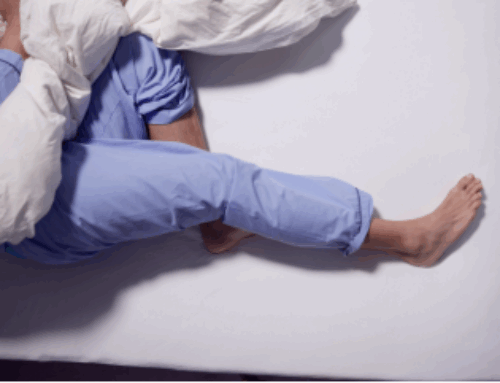Sleeping pills can be an effective treatment for chronic insomnia. But like any other drug, sleep medications can have side effects. One potential side effect of sleeping pills is daytime drowsiness.
Sleep medications are powerful hypnotics. They can be helpful because they cause a strong urge to sleep. But you don’t want this sleepiness to persist after you wake up.
One way to minimize the risk of daytime drowsiness is to take a sleeping pill at the right time of night. Most sleeping pills – such as Ambien or Lunesta – should be taken right before you get in bed.
You should only take these sleeping pills when you are able to get a full night of sleep. This means that you should take the medication at least seven to eight hours before you need to wake up.
But a new study shows that many people are taking sleeping pills in the middle of the night. The researchers surveyed nearly 2,000 people who have a prescription for sleeping pills.
Results show that 20 percent of respondents reported using a sleep medication in the middle of the night. Some of them even reported taking a sleeping pill twice in the same night.
Taking a sleeping pill in the middle of the night greatly increases the risk of daytime drowsiness. It also raises the risk that you will get out of bed without being fully awake. This may lead to problems such as “sleep driving.”
Many people with insomnia wake up in the middle of the night and struggle to go back to sleep. This is called “sleep maintenance insomnia.”
There is one sleeping pill that is FDA approved for sleep maintenance insomnia. Intermezzo can be taken in the middle of the night. You should take it when you have at least four hours of bedtime left.
WARNING: Complex sleep behaviors such as sleepwalking or sleep driving can occur when you take a sleeping pill. Read this Consumer Update from the FDA to learn about these safety risks.
Talk to your doctor to determine if a sleeping pill is right for you. Always follow these Ten Safety Tips for Taking Sleeping Pills for Insomnia.
Another effective treatment option is cognitive behavioral therapy for insomnia. CBT-I helps you learn new strategies to sleep better. Treatment may include methods such as stress reduction, relaxation and sleep schedule management.
Contact an accredited sleep center to get help for insomnia or another sleep problem. Find a behavioral sleep medicine provider who can offer CBT-I.
Updated May 20, 2019





